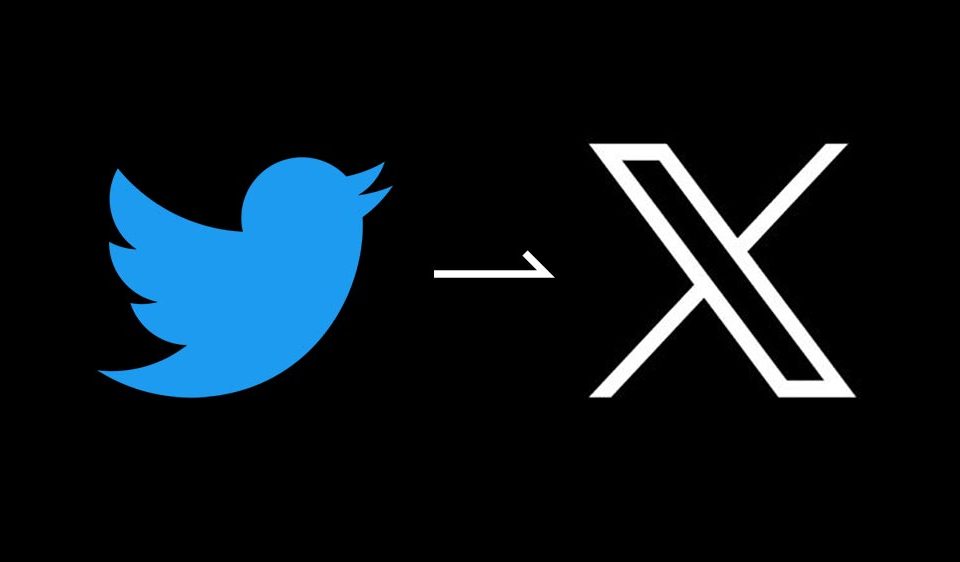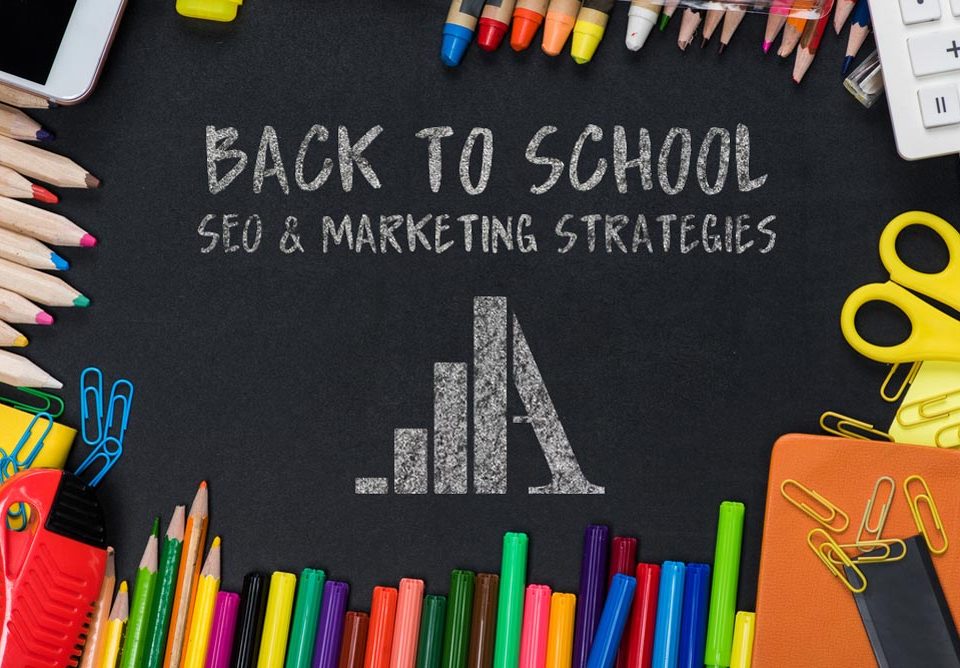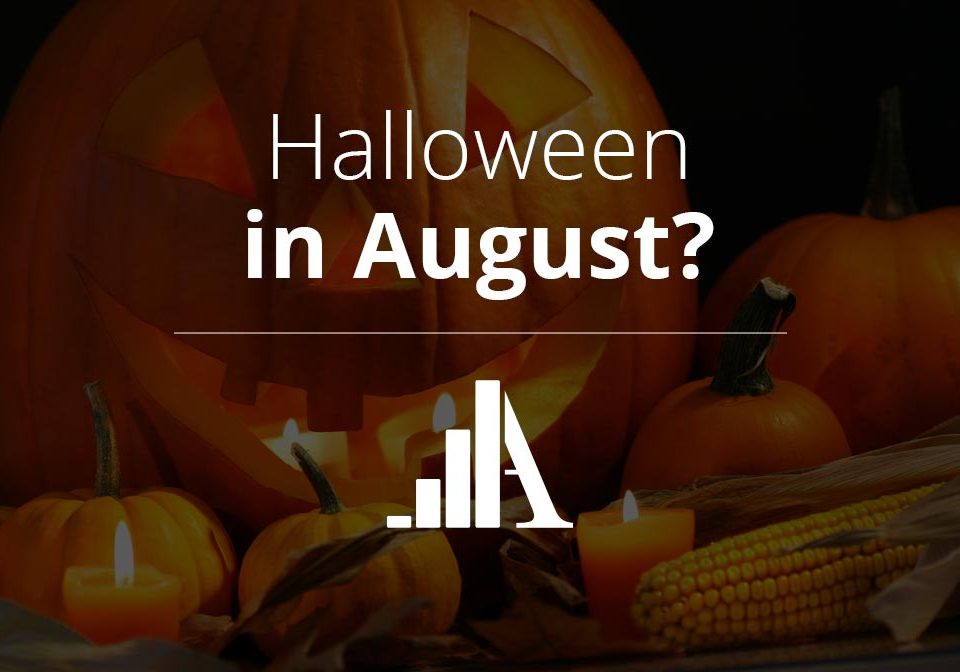
What Marketers Need to Know About the 4th of July
By Daclaud Lee, SEO Consultant and AI Prompt Engineer at Archmore Business Web

Get ready to ignite your marketing efforts this 4th of July! If you’re a savvy marketer seeking to make the most of this explosive holiday, then you’re in the right place. The 4th of July is a momentous day in the United States, where the nation’s independence is celebrated with passion, pride, and a whole lot of fireworks. It’s a prime opportunity for marketers to tap into the patriotic spirit and captivate their target audience like never before. From embracing red, white, and blue themes to offering irresistible deals and promotions, there are game-changing strategies that can elevate your marketing game on this festive occasion. In this exhilarating blog, we’ll dive into key insights and expert tips that will empower you to navigate the 4th of July with precision and create explosive campaigns that leave a lasting impact on your customers. Get ready to unlock the full potential of this significant holiday and set your marketing endeavors ablaze with success!
Marketing for Independence Day: Engage Your Audience with Effective Strategies
The 4th of July, also known as Independence Day, is a significant holiday in the United States that commemorates the country’s declaration of independence. As a marketer, understanding the importance of this holiday and tailoring your marketing strategies can help you effectively engage with your audience and capitalize on the opportunities it presents. Here are some key aspects that marketers need to know about the 4th of July:
Patriotism and Celebration: The 4th of July is a time when people come together to celebrate their patriotism and love for their country. Incorporating patriotic themes, colors, and symbols into your marketing campaigns can resonate with your audience and evoke a sense of pride. Use visuals such as the American flag, fireworks, or iconic landmarks to create a connection with your customers.
Family-Focused and Outdoor Activities: The 4th of July is a family-oriented holiday, often filled with outdoor activities, barbecues, and gatherings. Consider aligning your marketing efforts with family-friendly themes and promoting products or services that enhance these celebrations. This can include outdoor gear, picnic essentials, party decorations, or even travel deals for those planning a getaway.
Seasonal Sales and Discounts: Many consumers actively seek out 4th of July sales and discounts, making it a prime opportunity for businesses to attract customers and boost sales. Consider offering special promotions, limited-time discounts, or exclusive deals to capture the attention of shoppers. Leverage email marketing, social media, and targeted advertising to reach your audience with enticing offers.
Social Media Engagement: Social media plays a crucial role during the 4th of July as people share their holiday experiences, photos, and memories online. Join the conversation by creating engaging content that encourages user participation. Run contests, encourage user-generated content, or ask followers to share their favorite 4th of July moments using branded hashtags. This helps amplify your brand’s reach and fosters a sense of community.
Local Community Involvement: The 4th of July is often celebrated at local community events, parades, and firework displays. Consider sponsoring or participating in these activities to showcase your brand’s support for the community. Set up booths, distribute promotional items, or host contests to interact directly with potential customers and build brand awareness.
Safety Messaging: While the 4th of July is a time for celebration, it’s important to address safety concerns associated with fireworks and outdoor activities. Use your marketing platforms to share safety tips, guidelines, or reminders to ensure a safe and enjoyable holiday for your audience. This demonstrates your brand’s commitment to customer well-being and can strengthen their trust in your company.
Content with a Purpose: Instead of solely focusing on promotional content, create meaningful and purposeful content that aligns with the values and significance of Independence Day. This can include blog articles, videos, or social media posts that highlight inspiring stories, historical facts, or ways to give back to the community. By providing value and promoting a sense of shared purpose, you can deepen your audience’s engagement and loyalty.
Responsive Mobile Experience: With the increasing use of mobile devices, ensure that your website and marketing campaigns are optimized for mobile viewing. Many people access social media and browse online deals while attending parades, barbecues, or other outdoor activities. A seamless mobile experience enhances customer engagement and improves the chances of conversions.
Limited-Time Products or Services: Consider creating special edition products or exclusive services specifically for the 4th of July. This can create a sense of urgency and exclusivity, motivating customers to make a purchase. Highlight the limited availability or time-sensitive nature of these offerings in your marketing messages to drive excitement and sales.
Analytics and Evaluation: Track and analyze the performance of your 4th of July marketing campaigns using tracking tools and analytics.
Historical Facts about America’s Independence Day
The 4th of July, also known as Independence Day, is a significant holiday in the United States that commemorates the country’s declaration of independence from British rule. The history of the 4th of July dates back to July 4, 1776, when the Continental Congress adopted the Declaration of Independence, drafted primarily by Thomas Jefferson.
The declaration marked a pivotal moment in American history, as it proclaimed the thirteen American colonies as a new nation, separate from the British Empire. This bold step towards independence came after years of tension, protests, and conflicts between the colonists and the British government.
On July 4th, the Continental Congress formally approved the final version of the Declaration of Independence, which outlined the fundamental principles of freedom, equality, and individual rights that would shape the new nation. The document declared that all men are created equal and have the unalienable rights to life, liberty, and the pursuit of happiness.
The first celebration of Independence Day took place on July 4, 1777, one year after the declaration. Since then, it has become an annual tradition and a federal holiday in the United States. The holiday is marked by various patriotic festivities, including parades, fireworks displays, concerts, barbecues, and family gatherings.
The 4th of July serves as a reminder of the courage, determination, and sacrifices of the founding fathers and the early patriots who fought for the nation’s independence. It is a day to honor and celebrate the values of freedom, democracy, and the American spirit.
Today, the 4th of July remains one of the most cherished holidays in the United States, symbolizing the unity and pride of the American people. It is a time for reflection, gratitude, and appreciation for the liberties and opportunities that the nation affords its citizens.
The Impact of Independence Day on Minority Communities
Independence Day, the 4th of July, holds great significance for minority communities in the US as a symbol of progress, equality, and the ongoing pursuit of justice. It serves as a reminder of the struggles and sacrifices made in the fight for civil rights and inspires conversations about the ongoing journey towards equal rights and social justice. Minority communities use this occasion to celebrate their unique heritage, promote awareness, and advocate for issues affecting their communities. The 4th of July fosters a deeper understanding and appreciation of diversity while highlighting the ongoing efforts to address systemic inequalities and promote inclusivity in American society.
What Are Activities People Enjoy on Independence Day?
Understanding popular 4th of July activities helps marketers determine target audiences, customize offers, create relevant content, and optimize advertising. It enables collaboration, geographic targeting, personalization, and seasonal product development. Marketers engage with audiences through social media and sponsorship, leveraging insights to enhance campaigns and foster connections during this patriotic holiday.
On the 4th of July, people engage in various activities to celebrate Independence Day and enjoy the festive spirit. Here are the top activities commonly enjoyed on this patriotic holiday:
Fireworks Displays: Watching spectacular fireworks shows is a quintessential part of the 4th of July celebration. Communities organize elaborate fireworks displays that light up the night sky, captivating audiences of all ages.
Parades: Many cities and towns organize parades featuring marching bands, floats, and performers. People line the streets to enjoy the colorful processions and show their patriotic pride.
Barbecues and Picnics: Gathering with family and friends for outdoor barbecues and picnics is a popular tradition on the 4th of July. Grilling burgers, hot dogs, and enjoying classic picnic fare while socializing and playing games is a favorite pastime.
Beach Trips: Since Independence Day falls during the summer season, visiting the beach is a popular choice for many. People flock to coastal areas to soak up the sun, swim, and enjoy beach activities with their loved ones.
Outdoor Sports and Games: Engaging in outdoor sports and games is a common activity on the 4th of July. From baseball games to volleyball matches and backyard games like cornhole and horseshoes, people enjoy friendly competition and physical activity.
Patriotic Crafts and Decorations: Many individuals and families engage in crafting patriotic-themed decorations to adorn their homes and outdoor spaces. It’s common to see flags, banners, and DIY crafts showcasing the red, white, and blue colors.
Live Music and Concerts: Concerts featuring live music, especially patriotic and American-themed performances, are held in various locations. People attend these concerts to enjoy the music and immerse themselves in the celebratory atmosphere.
Boat Parades: In areas with lakes or rivers, boat parades are a popular attraction. Boats decorated with patriotic themes sail along waterways, providing a unique and festive experience for onlookers.
Outdoor Movie Screenings: Some communities organize outdoor movie screenings, often featuring patriotic films or family-friendly classics. Families and friends gather in parks or open spaces to watch movies under the stars.
Community Festivals and Events: Many towns and cities host community festivals and events that include live entertainment, food vendors, arts and crafts, and family-friendly activities. These festivities bring people together to celebrate the holiday in a lively and inclusive atmosphere.
Connecting with Audiences through Preferred 4th of July Activities
Understanding the activities people enjoy on the 4th of July can be invaluable for marketers in determining their target audience and tailoring their products or services accordingly. By knowing the preferences and interests of individuals during this patriotic holiday, marketers can effectively create targeted campaigns and maximize their reach. Here’s how this knowledge can help:
Product Alignment: Marketers can analyze the popular activities and align their products or services with those preferences. For example, if beach trips are a popular activity, a sunscreen or beachwear brand can target beachgoers with relevant promotions and advertisements.
Event Sponsorship: By understanding the community events and festivities that people attend, marketers can identify sponsorship opportunities. For instance, sponsoring a local parade or fireworks display allows brands to gain visibility and connect with their target audience in a celebratory setting.
Content Creation: Knowing the activities that people engage in on the 4th of July helps marketers create relevant and engaging content. They can develop blog posts, social media campaigns, or videos that provide tips, ideas, or inspiration related to those activities, thereby resonating with their target audience.
Customized Offers and Promotions: Marketers can tailor their offers and promotions based on the specific activities people enjoy. For example, a restaurant can offer special discounts on picnic packages or barbecue platters, targeting those who prefer outdoor dining during the holiday.
Targeted Advertising: Understanding the activities allows marketers to optimize their advertising strategies. They can select appropriate channels, such as local event listings, outdoor billboards, or social media platforms, to reach the specific audience interested in those activities.
Collaboration Opportunities: Knowledge of popular activities can help marketers identify potential collaboration opportunities with complementary brands. For instance, a beverage company might partner with a picnic basket or outdoor game manufacturer to create bundled promotions targeting families and friends enjoying picnics and outdoor games.
Geographic Targeting: Different regions may have specific activities associated with the 4th of July. Marketers can use this information to focus their efforts on specific geographic areas and customize their messaging accordingly.
Personalization and Segmentation: By understanding the diverse range of activities, marketers can segment their target audience based on their preferences. This allows for personalized marketing approaches that cater to specific interests and increase the chances of engagement and conversion.
Seasonal Product Development: Marketers can use the insights gained from understanding popular activities to inform their product development strategies. They can introduce seasonal or limited-edition products tailored to the needs and preferences of consumers during the 4th of July celebrations.
Social Media Engagement: By staying informed about the activities people enjoy, marketers can actively engage with their audience on social media platforms. They can initiate conversations, ask questions, or encourage user-generated content related to those activities, fostering a sense of community and brand loyalty.
In conclusion, knowing the activities people enjoy on the 4th of July provides marketers with valuable insights that help them identify their target audience, tailor their messaging, and create effective marketing campaigns. By aligning their products, promotions, and content with the preferences of their audience, marketers can maximize their impact and create meaningful connections during this patriotic holiday.
How Will You Leverage Your 4th of July Marketing Strategy?
When it comes to marketing for the 4th of July, businesses have a unique opportunity to connect with their target audience and tap into the spirit of patriotism and celebration. By understanding the significance of this holiday and identifying the preferences and activities of the target audience, marketers can tailor their strategies to create impactful campaigns. Themed promotions, engaging social media content, and special offers can all contribute to building brand awareness, driving sales, and fostering a sense of community. By leveraging the power of this significant holiday, businesses can position themselves as part of the celebration and create memorable experiences that leave a lasting impression on customers. So, embrace the red, white, and blue, and let your marketing efforts shine on this 4th of July!
Let Us Help You Optimize Your Digital Marketing Strategy!
Call now: 614-568-7500 Ext 1
Book a call with Mike Forrest, CEO of Archmore Business WebLearn more about digital marketing!
Free Woman Owned Business Logos
July 8, 2024How to Do SEO if You Are a Mom and Pop Restaurant
June 20, 2024100 SEO Jokes by Chat GPT
June 19, 2024How to Use AI to Improve Your Website
June 14, 2024Twitter Rebranded as X – Update Your Social Icons
August 7, 2023Back to School SEO and Marketing Strategies
August 4, 2023Halloween in August
August 4, 2023Labor Day SEO and Marketing Ideas
August 1, 2023What Do Marketers Need to Know About 4th of July?
June 15, 2023Father’s Day Marketing and SEO Strategies
June 15, 2023










